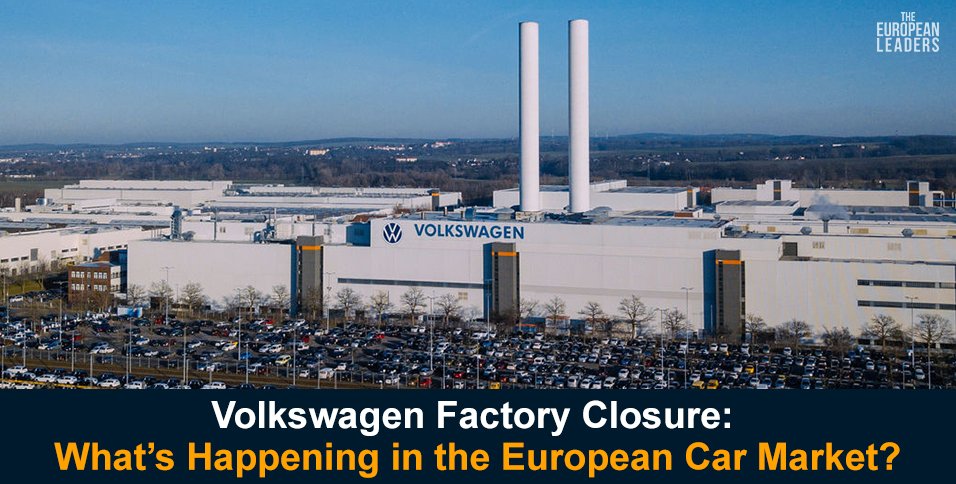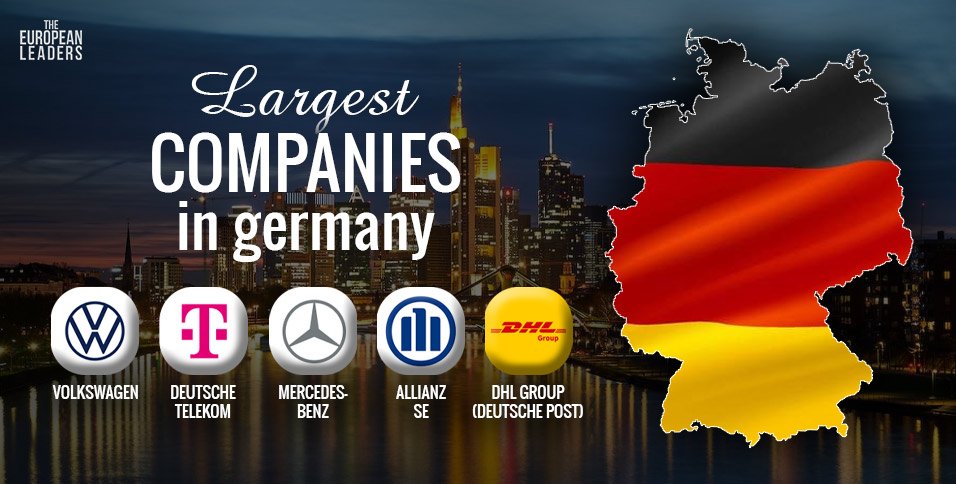The European Leaders
3 September 2024
Berlin – Volkswagen factory closure is a pivotal moment in the history of Europe and the Volkswagen Group. The closure of at least one major vehicle production plant and one component factory in Germany is a major hit amid the volatile European car market.
This decision marks the first potential factory closures in the company’s 87-year history and underscores the significant challenges that traditional automakers are encountering in the transition from petrol and diesel vehicles to electric models.
Volkswagen Factory Closure: Economic Pressures and Competitive Landscape
The move comes amid a broader cost-cutting initiative aimed at saving €10 billion by 2026, as Volkswagen grapples with increasing competition from Chinese electric vehicle manufacturers, who are known for their lower operational costs and higher profit margins.
CEO Oliver Blume emphasized the tough economic environment, stating, “The European automotive sector is facing a very challenging and serious predicament.” He noted that Germany’s competitiveness as a manufacturing hub is diminishing, necessitating decisive action from the company.
The proposed closures are particularly concerning given that Volkswagen employs around 300,000 people in Germany, and the potential job losses could have a significant impact on local economies. The company’s works council has expressed strong opposition to the closures, vowing to mount “fierce resistance” against any job cuts.
Daniela Cavallo, head of the works council, criticized management for failing to address the core brand’s profitability issues, which could threaten the future of iconic models like the Golf and Tiguan.
Implications for the Automotive Industry
Volkswagen factory closure could signal a broader reckoning within the German automotive industry. As the company considers shutting down facilities, other automakers may feel pressured to follow suit, leading to a wave of factory closures that could further destabilize the sector.
The German automotive industry, which has long been a cornerstone of the country’s economy, is already facing challenges from declining sales and increased competition from foreign manufacturers.
In addition to the immediate economic implications, the closures could also affect the supply chain, as numerous suppliers and service providers rely on Volkswagen’s production facilities. The loss of business from one of the largest automakers in the world could lead to further job losses and economic hardship in the regions surrounding these factories.
Political and Social Ramifications
The potential Volkswagen factory closure comes at a politically sensitive time for Germany, with recent electoral defeats for the ruling coalition raising concerns about economic stability.
Chancellor Olaf Scholz is under pressure to address the challenges facing the automotive sector, particularly as the country grapples with a technical recession. The closures could exacerbate public discontent and lead to increased scrutiny of the government’s economic policies.
As Volkswagen navigates this complex landscape, the outcome of its deliberations on factory closures will not only shape the company’s future but could also redefine the trajectory of the entire German automotive industry.
The stakes are high, and the decisions made in the coming months will have lasting implications for workers, suppliers, and the broader economy.








